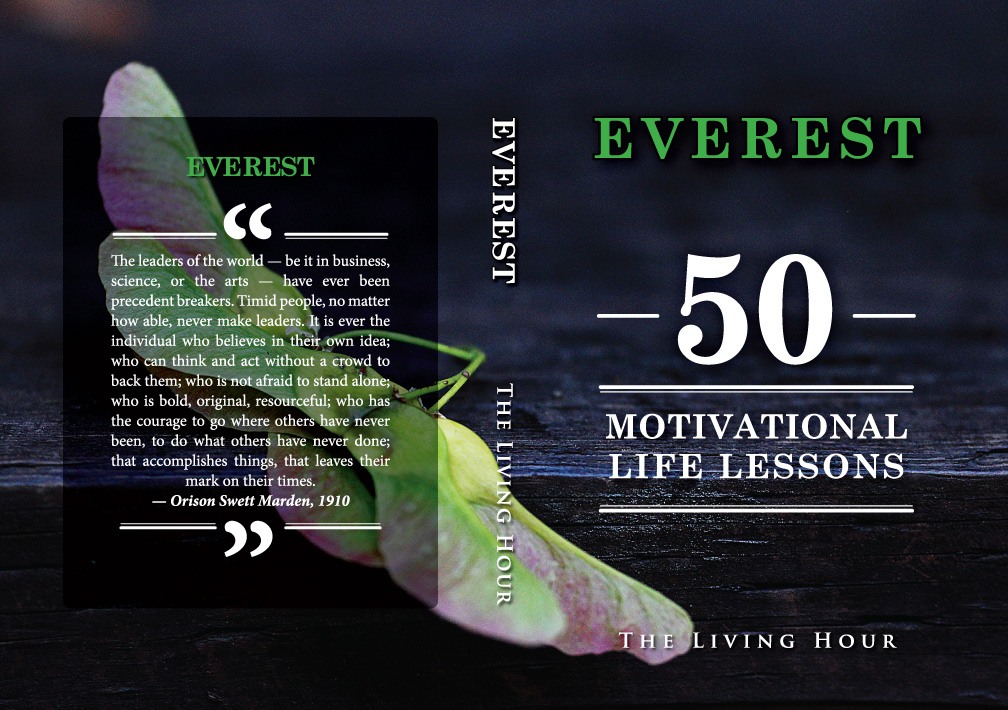11 Mar How to Build Self-Confidence | Overcome Limiting Beliefs
Welcome to the Inspirational Living podcast. Turn your fashion statement into an inspirational statement with Book of Zen, conscious apparel for a better world. To learn more, please visit BookofZen.com.
Today’s reading has been edited and adapted from “Success Through Thought Habit” by Benjamin Johnson, published in 1908.
Have confidence in yourself. Believe in your ability to do big things. Only by having faith in yourself, can you compel others to have faith in you. Think big thoughts and back them up with big deeds. You can, if you will. And you will.
Many a little seed has longed to develop and send a little shoot up toward the sunshine. But growth has always been delayed until suddenly the outer wall that limited its growth is burst apart! Many lives are in the same condition: the wall of thought that limits them must be burst before real growth can occur.
The one great infallible rule to be learned when you desire to think constructively, is that the conditions you desire will exist for you in just the proportion that you are capable of developing your own natural powers. If you persist in drawing a line of demarcation between yourself and that which you desire, or if you feel that a certain person is responsible for what you are to obtain, or that a certain condition dependent on other people is necessary for your development, then just so long will you be kept from making the progress that you should.
To say feebly, “Yes, indeed, I was full of enthusiasm when I started in the work, but one thing after another went wrong until I just thought I would stop trying and get out while I could,” shows that your backbone has never been developed at all; otherwise every obstacle would have spurred you on to greater effort.
Most of the disappointments in life come because we are not only limited in our ability, but also in our vision of what will bring to us the greatest happiness. To desire a definite thing is the way most people begin to prove their ability to obtain a goal, but often after this ability has been proved, the thing itself does not always prove what one anticipated, and disappointment results. Now, nothing was wrong with the rule or the wish, but the individual did not realize the wisdom of working for a condition rather than a specific object.
For example, instead of feeling that to love and be loved by a certain person will make one happy, it is wiser to desire happiness and feel (even though the individual may disappoint one) happiness will come in its own way. To desire a condition and then become upset and discouraged because every plan is changed, retards the progress of many until we learn that often what seems like a cruel disappointment is merely the opening of a better way to get results.
READ THE ENTIRE ESSAY IN EVEREST: 50 MOTIVATIONAL LIFE LESSONS

